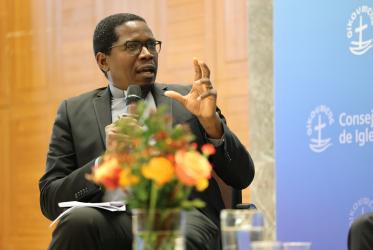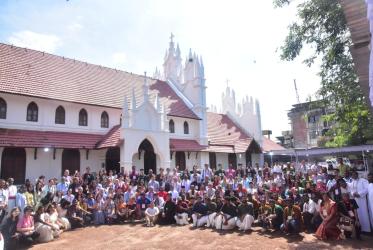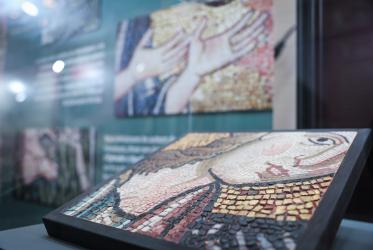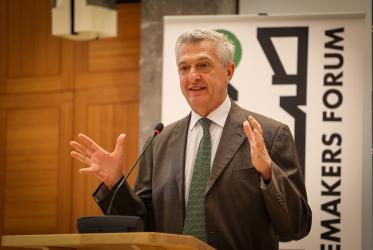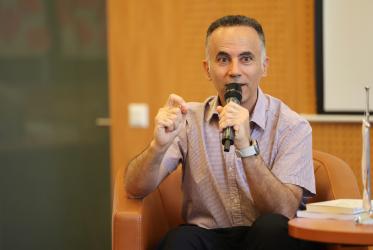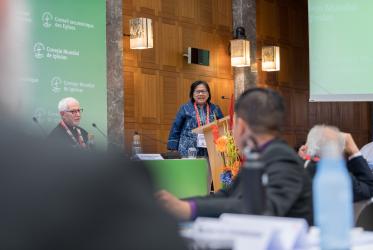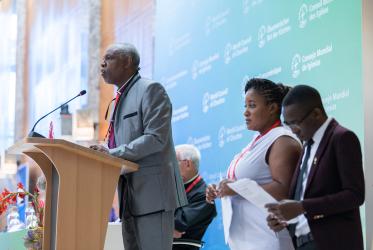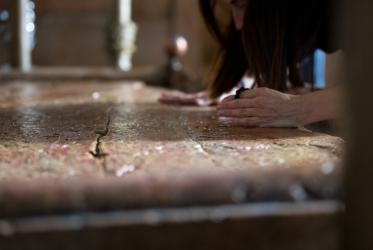Displaying 1 - 20 of 43
Swedish Mission Council hears WCC reflections on faith in democracy
07 February 2024
Award-winning work means interactive storytelling with inclusivity
06 February 2024
Blending local and global ecumenism in Asia
02 November 2023
Vast challenges in Asia call for unity
29 June 2023
We do not despair but are disturbed
28 June 2023
“All groups should be allowed to come and worship”
14 April 2023
“How is it that my family could be separated on Easter?”
12 April 2023
"I could hardly believe I was in Jerusalem"
11 April 2023

